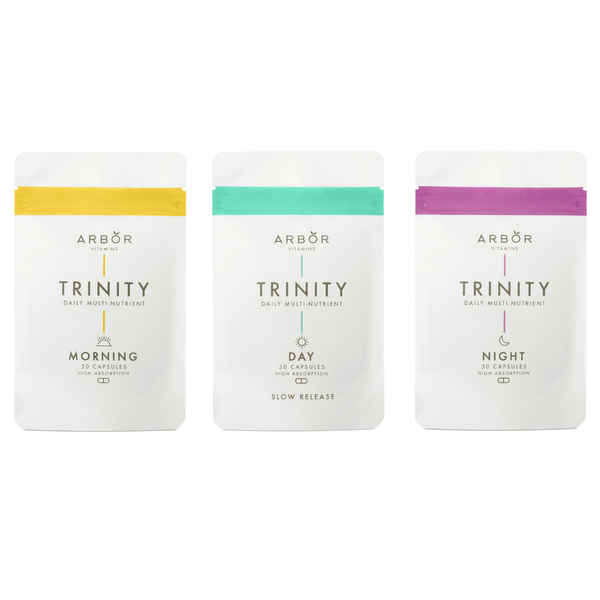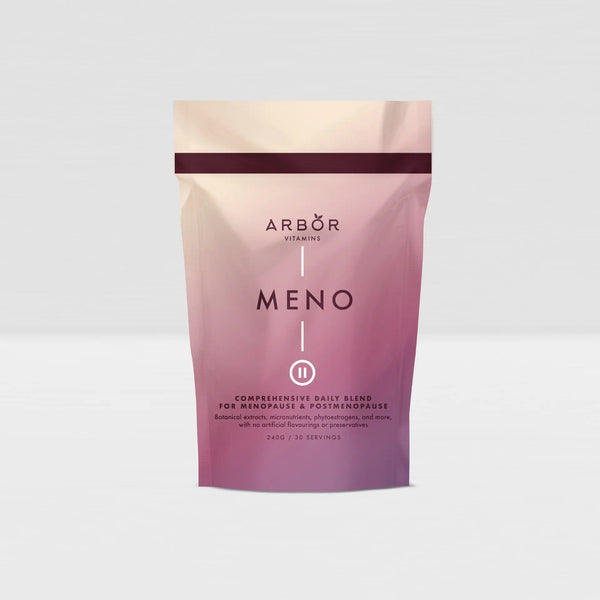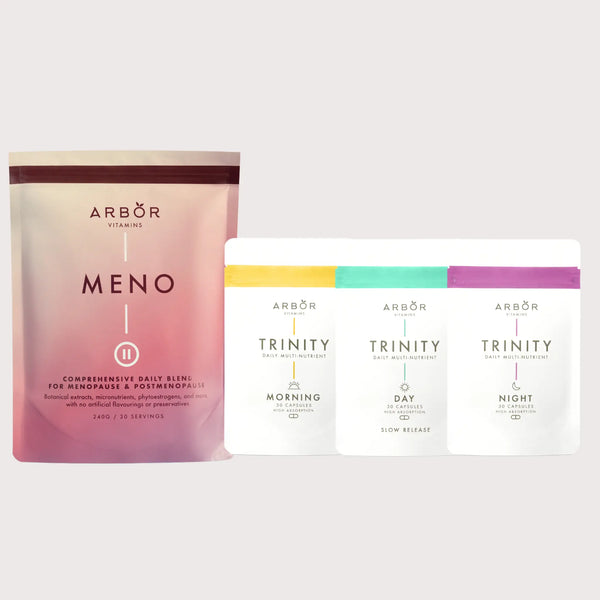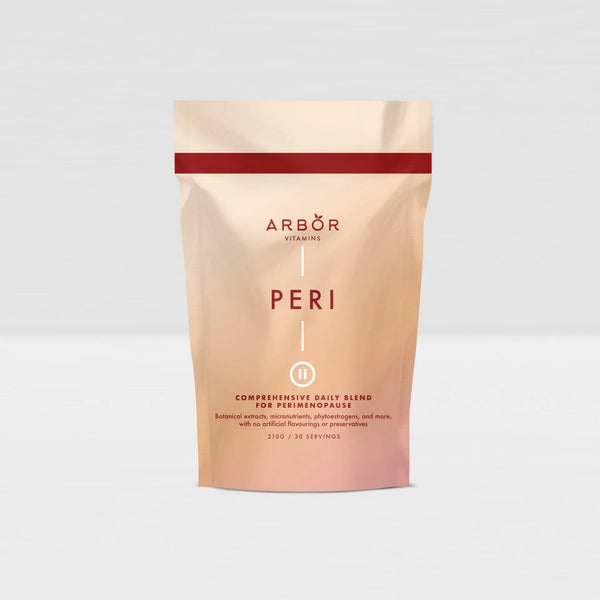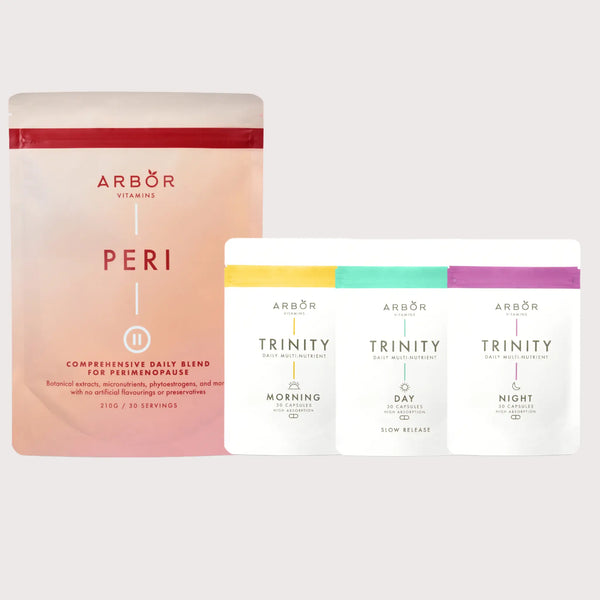In our pursuit of a healthier lifestyle, understanding which foods pose the least health risks is as crucial as knowing those that might be harmful. The Environmental Working Group (EWG) not only provides us with the infamous "Dirty Dozen" list but also gifts health enthusiasts with a brighter list: the "Clean Fifteen." This compilation by Arbor Vitamin showcases fruits and vegetables least likely to be contaminated with pesticide residues. Let's delve into this more uplifting side of the fresh produce world!
1. Introducing the Clean Fifteen
While the "Dirty Dozen" often grabs the spotlight, the "Clean Fifteen" deserves its share of attention. This list, curated annually by the EWG, highlights the top fifteen fruits and vegetables with the lowest amounts of detected pesticide residues.
2. The 2024 Clean Fifteen List:
-
Avocado: With its thick skin, the avocado tops the clean list, with fewer pesticides reaching its creamy inside.
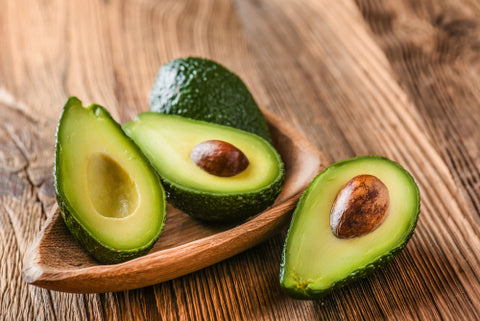
-
Sweet Corn: While a popular staple, the majority of sweet corn samples tested showed no detectable pesticide residues.
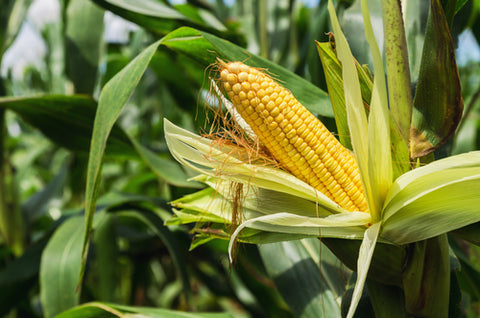
-
Pineapple: This tropical fruit's hard exterior does an excellent job keeping pesticides out.
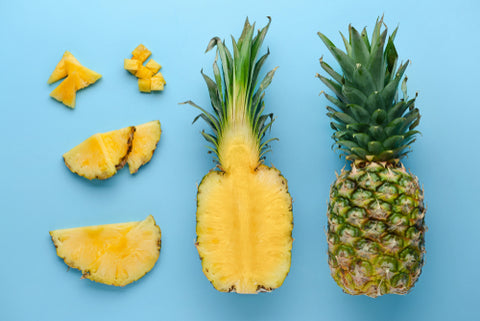
-
Onions: These flavourful bulbs have consistently shown low pesticide residues in tests.
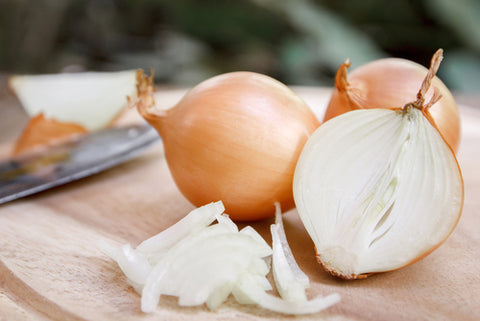
-
Papaya: Another tropical favourite, papayas make the list with minimal contamination.
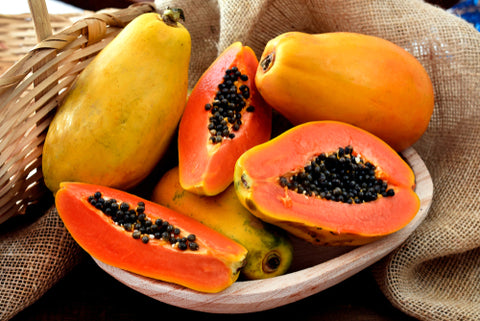
-
Frozen Sweet Peas: A frozen favourite with notably lower pesticide levels.
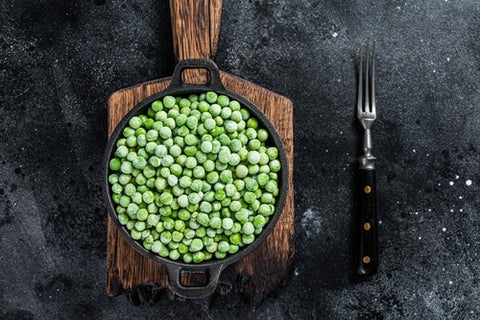
-
Aubergine: Their relatively smoother surface is less prone to pesticide retention.
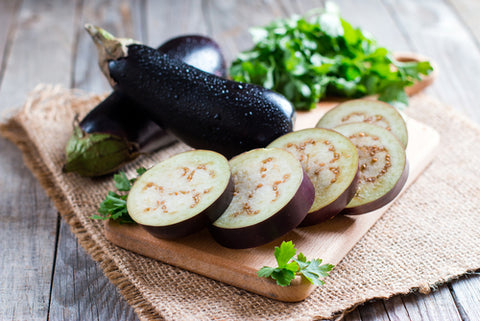
-
Asparagus: This tall, slender vegetable often has undetectable pesticide residues.
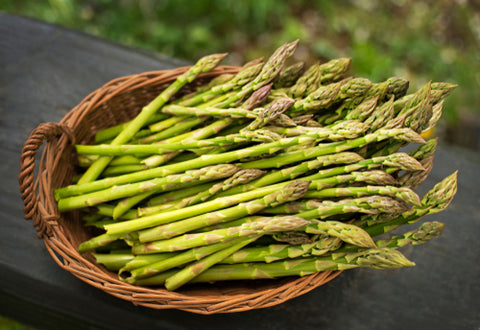
-
Broccoli: A powerhouse of nutrition and, thankfully, not a powerhouse of pesticides.
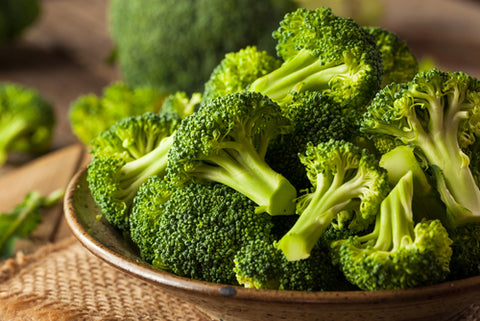
-
Cabbage: Tests often find minimal pesticide residues on this leafy vegetable.
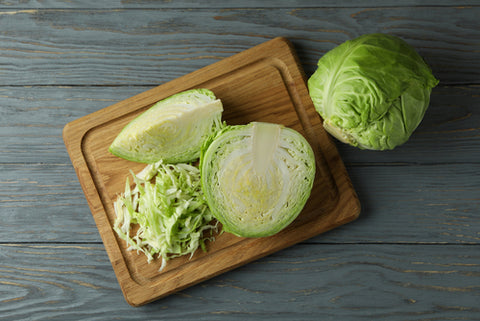
-
Kiwi: The fuzzy exterior might be a deterrent to both pests and pesticides.
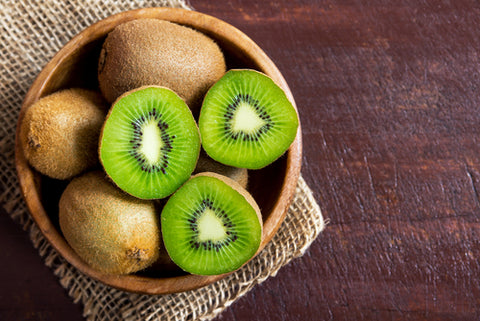
-
Cauliflower: Another cruciferous veggie that's generally cleaner in terms of pesticides.
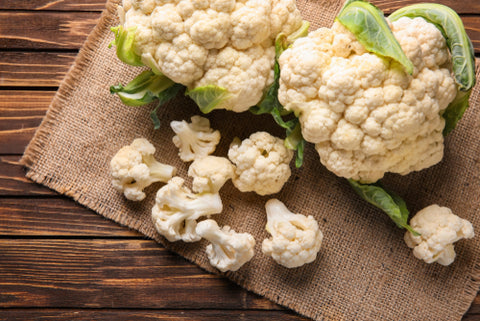
-
Mushrooms: Fungi have their place on the Clean Fifteen, with low pesticide detections.
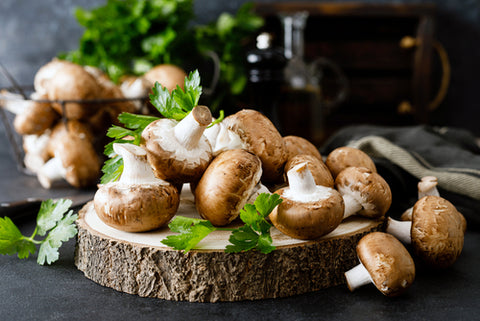
-
Honeydew Melon: Its harder outer layer likely provides some protection from pesticides.
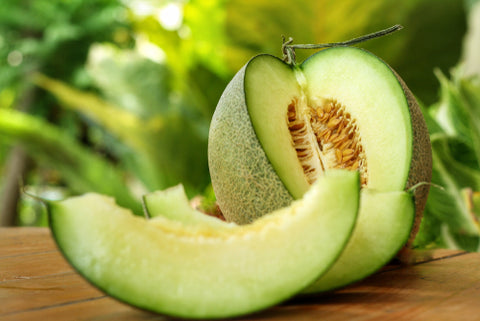
-
Cantaloupes: Another melon variety to join the ranks, offering a cleaner option for fruit enthusiasts.
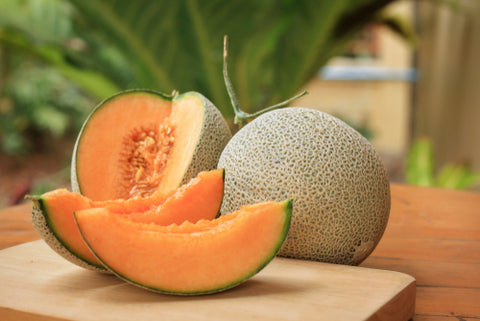
3. Why the Clean Fifteen Matters:
A regular intake of fruits and vegetables offers undeniable health benefits. The Clean Fifteen ensures that you can enjoy these benefits without the added worry of pesticide consumption, especially if you're on a budget and cannot always afford organic options.
Get a top clean fifteen supplements and Multivitamins by clicking MYCO Mushrooms
4. Making the Most of the Clean Fifteen:
-
Expand Your Palette: Try incorporating more of these safer fruits and vegetables into your diet.
-
Educate Others: Spread the word about the Clean Fifteen, encouraging friends and family to make informed choices.
-
Continue Washing: Even though these have fewer pesticides, it's still essential to wash all produce thoroughly before consumption.
5. Balancing with the Dirty Dozen:
While focusing on the Clean Fifteen, remember to keep an eye on the Dirty Dozen. By understanding both lists, you can better navigate your shopping trips and meal planning.
6. Conclusion:
The Clean Fifteen offers a refreshing counterpart to the cautionary tales of the Dirty Dozen. Embrace these cleaner options, ensuring that your journey to health isn't hindered by hidden chemicals. Happy, healthier eating awaits!


